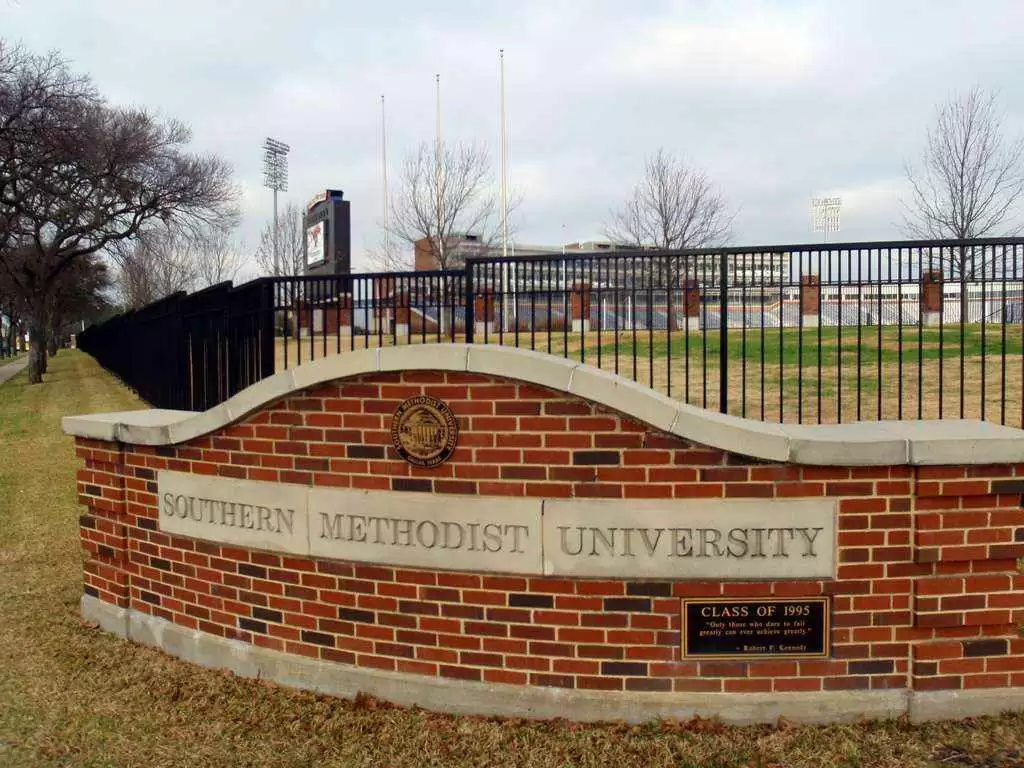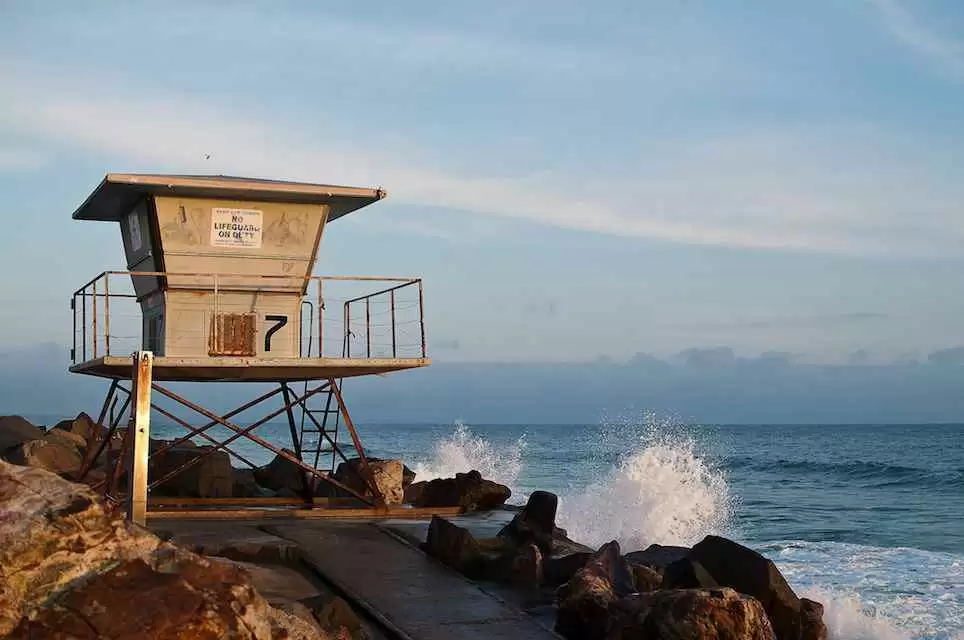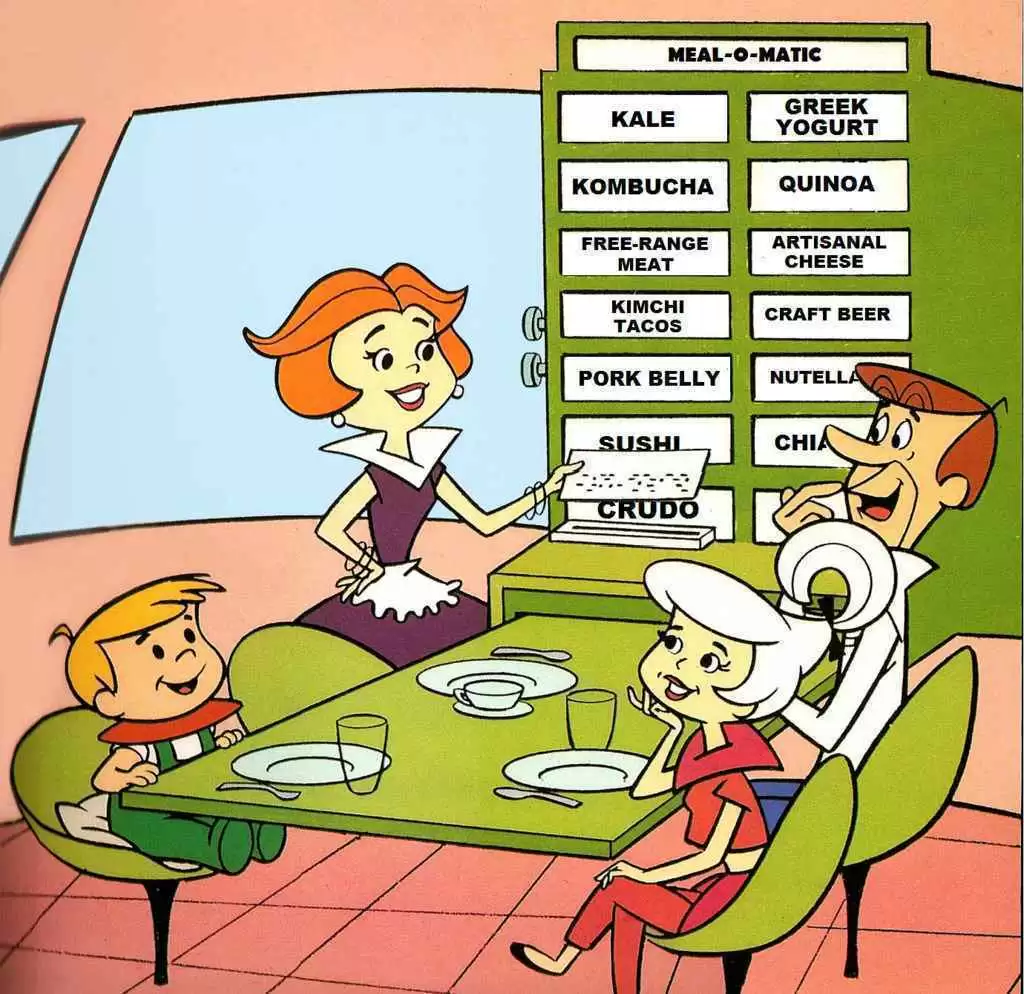
Celiac.com 06/02/2017 - Though I tried to avoid eating with locals, it seemed to come up over and over again. Military duties frequently required me to work and meet with the locals to facilitate contracts we had in place and ensure work was done properly. At various times and locations, I traveled with a small group of other soldiers among a larger population of Afghans. Many of the Afghans carried weapons, such as the AK-47, and had them slung over their shoulders. We were able to strike a chord with the locals, creating an atmosphere of camaraderie. The U.S. government was paying them to do a job; they were collecting a wage, and everyone left satisfied. At times, this relationship felt like any manager/employee relationship, and at other times it felt like we were paying the mafia to keep them from doing harm. The situation could be tough and would get tougher as our relationship with the locals became strained due to regional politics.
An example of this strain occurred in February 2012, when a group of Afghan workers near Kabul (a few hundred miles away) were angered by the sight of Korans in a burn pile. The Koran is the religious text of Islam, which Muslims consider the word of God. An Arabic Koran is cared for in a special manner, and the sight of these sacred texts in a burn pit was enough to incite violence and riots throughout the country. Unlike the United States, where news travels instantly, news in Afghanistan travels slowly, mostly by word of mouth, and it took several days before Afghans in Kandahar heard about the incident. They began to protest, and we were all instructed to be on high alert with loaded weapons. Meanwhile, in Kabul, the riots took the lives of American soldiers. This included a friend of mine, a fellow Maryland Guardsmen and Army officer. He had been working with the Afghan National Army (ANA) in the Kabul region. Bob was a good man, and I will remember him fondly.
Celiac.com Sponsor (A12):
Work did not stop, even with the angry protests. Along with a small group of soldiers, I found myself at the local Kandahar Transshipment Yard, roughly two miles from the main post of KAF. The group of about twelve U.S. soldiers was there, mixed with over one hundred local Afghans and Pakistanis, most of whom were working as truck drivers delivering supplies. The atmosphere was abnormally quiet as we went about our business and talked with the Afghans. They stared at us but made no ill gestures as we walked up to them. Someone nearby started yelling. There was a scuffle. Silence followed. One of the locals stepped out from his group and walked over to me. He spoke no English but reached out his hand and offered me food. This seemed intended as a gesture of friendship. I could eat it and risk a variety of potential side effects to include a gluten reaction, or I could turn it down, which may have been considered an insult in what was already shaping up to be a tense situation.
What do you do? I did what any leader would do, and made the best of the situation in spite of my diet. I imagine anyone would. Why risk violence just to avoid eating gluten? Yet the ramifications are clear for anyone considering joining military service. They may be putting themselves in a compromising position. Those of us out there make the best of it and do not mind the selfless service when required.
Yet even at home in our day-to-day lives, where violence is not a factor, I see celiacs and gluten-free dieters compromising their dietary standards due to social pressures. Maybe they do it to fit in, or rub elbows with a supervisor at work, or maybe just to avoid seeming difficult. We may be given a salad with croutons and quietly brush them out of the way rather than be an inconvenience. And when we do this we are not only harming ourselves but each other. The more vocal celiacs are about their diet, the easier it will be for the next celiac who will follow in their footsteps, or are seated in the same restaurant later on.
While it may seem curt, or perhaps crass, I politely reject any food that I am not confident is gluten-free, while ensuring that the server knows I am concerned about gluten. It does not matter to me if it is at a social event, a work event, or just casual dining. While I do know some gluten-free dieters who will only eat food from their own kitchen, I am not quite so stringent and am willing to go out to eat. However, I am also known for bombarding servers and cooks with a host of questions until I'm reasonably assured that my meal will not be cross contaminated or contain gluten. Several of the vignettes I include in Gluten Free in Afghanistan tell my story of difficult times eating gluten-free, both at home and abroad.
While war-time scenarios do not unfold too often, and are probably far from your mind while eating at a restaurant, you may want to remember the above story when your gluten-free meal comes with wheat toast on top of it, or the crouton crumbs are scattered on top of your salad. Is it likely that the person who handed it to you is heavily armed and going to be offended? If they are, I would recommend you leave the area immediately for your safety and the safety of those around you. If they are likely not armed, politely explaining why this food is not healthy for gluten-free dieters will not only benefit you, it will benefit any celiac who is there after you. Stay safe out there.
An excerpt from his book Gluten Free in Afghanistan.











Recommended Comments
Create an account or sign in to comment
You need to be a member in order to leave a comment
Create an account
Sign up for a new account in our community. It's easy!
Register a new accountSign in
Already have an account? Sign in here.
Sign In Now